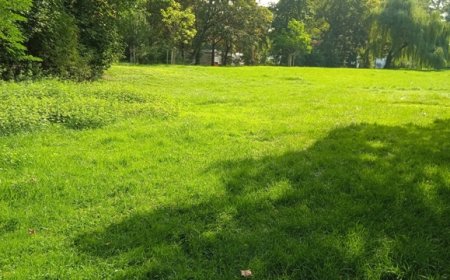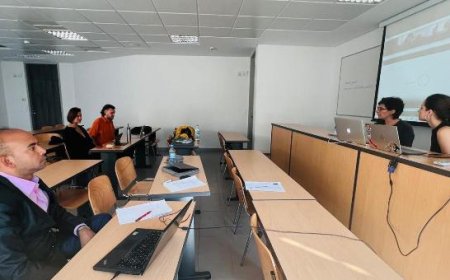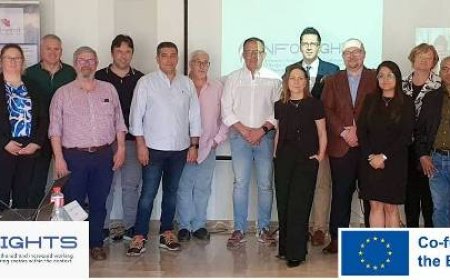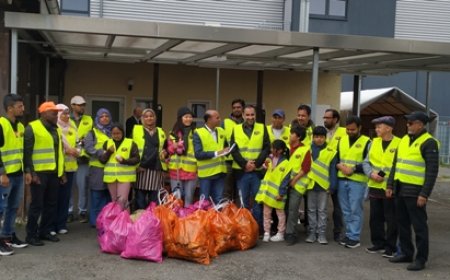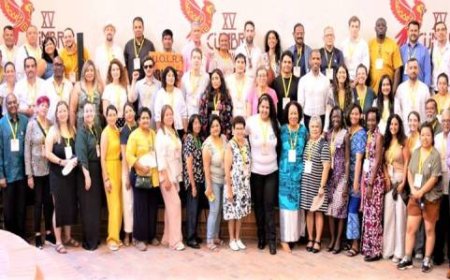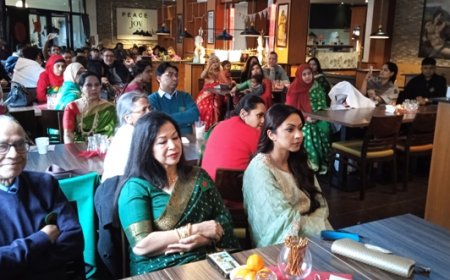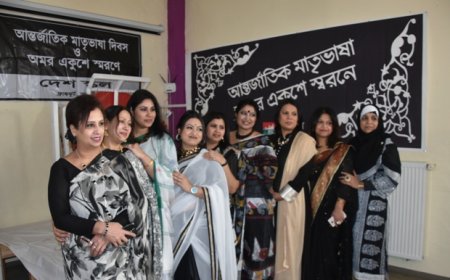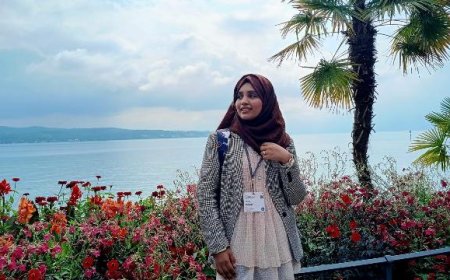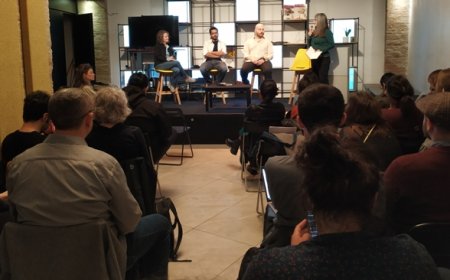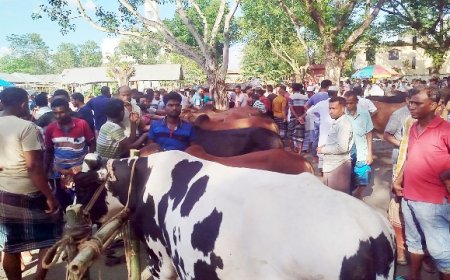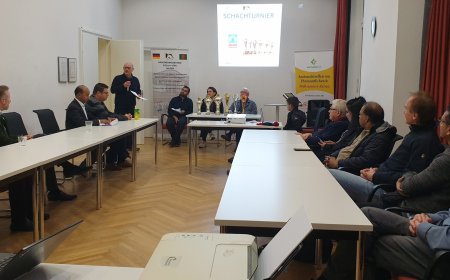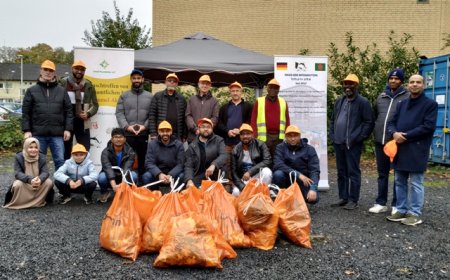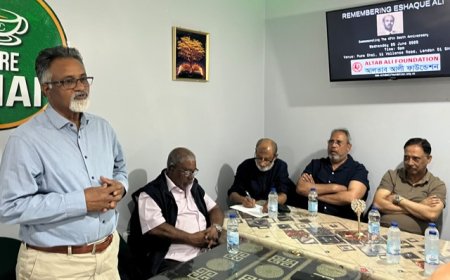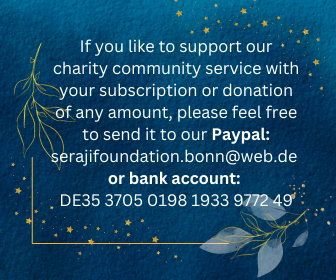Bangladeshi Women in Germany: Tackling Challenges at Home and Society
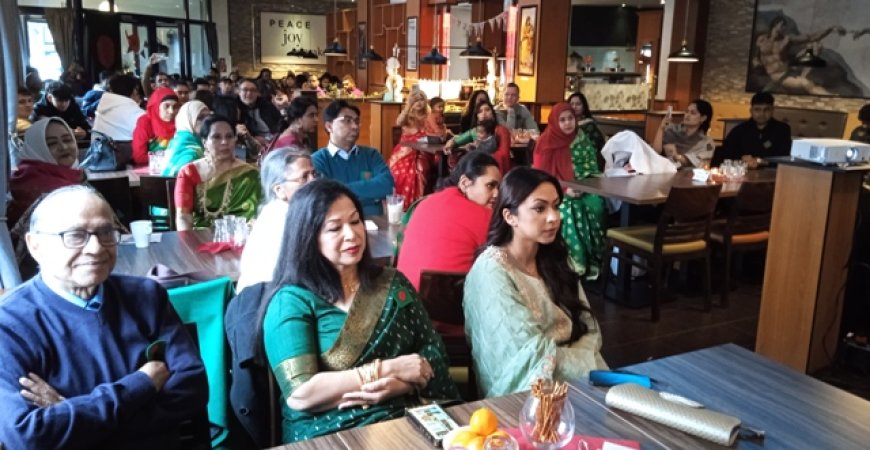
Dr Abdul Hai and Fatama Rahman Ruma
“Time has flown by in the blink of an eye — I can hardly believe it’s been 25 years in Germany. There was no other option but to learn the German language, no matter how challenging it was. It’s like learning a language you’ve never even heard before — It is not English, not Chinese. I began at level A1 and worked my way up to C2. I went on to complete a professional degree in administration, which helped enhance both my academic knowledge and practical skills.“
Tamanna Talukder shared this reminiscence in an exclusive interview with Our Voice. Although she is a well-educated Bangladeshi woman living in Germany, it was quite challenging for her to cope up with the new environment of German language and culture. In her words, “Learning and speaking German was quite challenging for me. I was always afraid of saying something wrong or mispronouncing words. But I found that if you make a mistake with a smile, people are usually very understanding. It wasn’t only me who felt nervous—many Germans were also uneasy about meeting people from different backgrounds. Germany offers opportunities to all; you just have to reach out and embrace them.
About her academic and professional journey, she mentioned, “I enrolled at the University of Bonn, where I graduated with a degree in English and French literature. At the moment, I’m working with Caritas, supporting migrants and asylum seekers in understanding the system and helping them adapt to life here. For many, it’s reassuring that I understand their pain—leaving behind their country, friends, and the relatives, and going through the challenges of starting over in a new place.“
Tamanna Talukder has been also serving as Patron and Organiser of German-Bangladesh Association Cologne-Bonn e.V. for long time and contributing to the Bangladeshi and migrant communities in the integration, language learning, celebrating Bangladeshi traditional and cultural festivals in Bonn.
About her contribution for the elderly people in the German society, she added, “When I first arrived in Germany, I was surprised to see how senior homes functioned. Having left my parents behind in Bangladesh, it was emotional for me to watch elderly people here living independently and managing everything on their own. My German teacher, who lived in a senior home, introduced me to her friends, who were also residents there. It made me determined to do something that would bring them joy.“
As part of the project “Freude durch Blumen,” sponsored by Johannita, Talukder created more than 100 floral arrangements for Christmas and organized a small exhibition. At the end of the event, she gifted all the flowers to the residents of the senior home. About her love and passion for the floral world and creativity she said, “Since I’ve always loved flowers, I often visited flower shops and admired how beautifully the arrangements were done. One day, I asked the shop owner if they could teach me the art of flower arranging. That’s when I discovered my true passion.“
In my leisure time, I enjoy listening to music, reading books, cooking different cuisines, and gardening. Traveling is also something I love—if that counts as a hobby, it’s definitely one of mine!
She added, “I would say learning German should be the very first step. Bengali women are incredibly talented and creative—they’re already making valuable contributions to German society across various fields.“
Ayesha Siddika (Pseudonym) has been passing busy professional life in the Bonn city for about four decades. She has studied Business Management and started own enterprises including fashion and grocery shops to introduce Asian and African fashion items and special food items in the German society. However, she has also introduced Bangladeshi culture and traditional heritage through establishing Bangladesh Cultural Centre and offering Bangla music and literature to the children of Bangladeshi parents living in Bonn.
In this context she said, “I have a great respect and devotion to my mother tongue. So I want to keep our children busy with the linguistic and cultural practices in their leisure time to avoid the bad company with other children and to save them from any addictions. In spite of our efforts 2/3 Bangladeshi children got drug addicted and spoiled their lives and career. In these particular cases, ignorance and negligence of parents are solely liable for the derailing of their children. I have also taught Bangla language in the German Development Foundation in Bonn for five years. During this time, the German development professionals and their wives learnt Bangla language from me. So I could continue this endevour for our children.“
In last four decades over one hundred children of Bangladeshi parents have learnt Bangla language, songs, musical instruments, poetry, short stories and drawing of Bangladeshi rural and urban landscape. These children have also performed on the stages on the occasions of Bangla new year, international mother tongue day, victory day, independence day and Eid festivals.
About the challenges to take out expatriate women from ghetoism, she mentioned, “Even I have requested Bangladeshi women to reduce the family events of cooking and eating among themselves. Rather they should bring their children to the language and music classes in the weekends, so that their children can have better opportunities of their original homelands.“
She also confirmed the chained life of some Bangladeshi women, who even were not allowed to travel to Bangladesh for about 30 years to meet her parents and relatives back home. Moreover, some husbands did not give them freedom to use their money as they wish, rather took all money from the wife, which she earns from her job. However, after long time torture and inhuman control, the couple got separated, when their children grew up.
She wears the Bangladeshi traditional sharees in her whole life abroad and at home. She has tried to show respect and dignity towards the Bangladeshi cultural heritage wherever she goes, studies or works. She has prepared the pavement for the next generations in the German society. She has set up the glorious foot steps for the Bangladeshi women living abroad by bringing up her own child as an ideal Bangladeshi cultural idol and professional personality in the German working environment. At the same time she has brought up other children with Bangladeshi cultural practices.
However, her journey was not a smooth one without challenges and obstacles alike other Bangladeshi female migrants living and working abroad. The choice and approval of her husband at each step of her professional career and social services. About the challenges for Bangladeshi women living in Germany she mentioned, “The main obstacle for the Bangladeshi women to integrate in Germany is their negligence to learn language. They do not have courage and motivation to learn German language, which keep them behind and they become dependent on their spouses because of their lacking in the language.“
A renowned artist and poet of Bangladeshi origin is Mir Zabeda Yeasmin, who has been working in Germany for about three decades. Painting abstract feelings and ideas of her own sorrow and happiness and expressing the eternal philosophy of life in the poems are her hobbys. She has been working in the same food industry as assistant manager with hard work and sincerity for more than two decades. She is always appreciated with much praise and gratitude for her customer friendly attitude in the work place. She has been painting the Bangladeshi landscape and abstract beauty of life and nature by means of brush and colour and rhythm of words. She recites poetry and moderates cultural and literary festivals with devotion and passion.
As experienced from a number of Bangladeshi families living abroad she finds the difficulties of choosing own path and career of the self-instinct for Bangladeshi women, as they face the challenges at home and also at the job market in Germany. At home, Bangladeshi husbands like to keep their wives reserved for bearing children and household chores. Even often they do not allow their wives to make driving license, which could also be the key to freedom for them. Mir Zabeda Yeasmin has worked in Standard Cahrtered Bank in Bangladesh for several years. However, she could not find path to choose the banking career in Germany because of language barrier and non-cooperation of her family members.
(This article was investigated and produced with the support of Journalismfund Europe.)
What's Your Reaction?







